Vehicles with Alberta license plates are no longer welcome on Saskatchewan highway and infrastructure projects.
Officials said the move is in response to allegations of similar requirements in Alberta for Saskatchewan vehicles.
“Saskatchewan contractors tell us that vehicles with Saskatchewan plates are not welcome on Government of Alberta jobsites,” said David Marit, highways and infrastructure minister, who is also the minister responsible for SaskBuilds, in a statement to the press. “Saskatchewan operators feel forced to register their vehicles in Alberta if they want to do business there. Today’s announcement just levels the playing field.”
The restriction will apply only to new contracts awarded by the Ministry of Highways and Infrastructure and existing jobsites will not be impacted.
Alberta Construction Association (ACA) executive director Ken Gibson said while he isn’t aware of any specifics of the practice happening in the province, he said the association does not support license plate requirements by any province.
“ACA members are strong proponents of free trade and strong proponents of the New West Partnership,” said Gibson.
The New West Partnership Trade Agreement (NWPTA) is an accord between the governments of British Columbia, Alberta and Saskatchewan that creates Canada’s largest, barrier-free, interprovincial market.
Under the NWPTA, British Columbia, Alberta, Saskatchewan and Manitoba are the first jurisdictions in Canada to commit to full mutual recognition or reconciliation of their rules affecting trade, investment or labour mobility so as to remove barriers to the free movement of goods, services, investment and people within and between the provinces.
“We urge the Alberta and Saskatchewan governments to speedily resolve this issue so that fair and transparent competition are the only factors that determine which license is on a government project,” said Gibson. “We want people to be able to operate without discrimination.”
The Saskatchewan Heavy Construction Association (SHCA) argued that rather than being discriminatory, the requirement is simply responding to Alberta practices.
Shantel Lipp, president of the SHCA, explained several Saskatchewan contractors had been complaining about running into issues while trying to bid on Alberta government projects.
“There have been times that members of the association have not been treated fairly when bidding in Alberta and there was a requirement that their vehicles had to don Alberta plates,” Lipp said. “We feel that there should be equal opportunity to compete fairly and some aren’t being greeted with that kind of reception.”
Lipp said she hopes the two governments can work the issue out without it drilling down into other sectors.
“We have members from Alberta, Manitoba and many other provinces,” Lipp said. “We want to see all of our members thrive. The companies with Saskatchewan Heavy Construction Association have made the investment to be in this province and we want to make sure they are treated fairly.”
Under the requirements, suppliers will be tasked with ensuring no vehicles displaying Alberta license plates are present on ministry-funded worksites. This will include contractors, subcontractors, consultants and workers. According to the province, ministry staff will enforce the contract provision through jobsite monitoring.
“Saskatchewan operators have been subject to this treatment in Alberta for years,” Marit said. “We are sending a clear message that Alberta suppliers can expect the very same treatment here.”
But the Alberta Roadbuilders and Heavy Construction Association claims they were not aware of any complaints and the news was a surprise.
Paul Cashman, communications manager for the association, said there are already some rules in place that require vehicles to register if they are used out of province for more than 30 days. He also noted the policy could force out-of-province vehicles that only need to visit a site briefly to re-register and change insurance.
“This goes against the New West Trade Partnership and rules that restrain free trade make it harder to get the best value for taxpayers,” said Cashman.
The new policy has prompted a stern response from some Alberta officials.
Alberta Economic Development Minister Deron Bilous told reporters Saskatchewan Premier Brad Wall needs to “smarten up” or legal action would be taken. He added the premier is “grasping at straws” to address the struggling Saskatchewan economy and that no such license plate rules exist in the Alberta.
Jason Kenny, leader of Alberta’s United Conservative Party, tweeted the requirement is “ridiculous” and another blow to internal free trade.
Cashman said the good news is that, for now, few will be impacted as the rules only apply to a small amount of new projects.
“We are glad the government of Alberta is working to address this issue,” said Cashman. “We are certainly hopeful this can be worked out before the next construction season.”


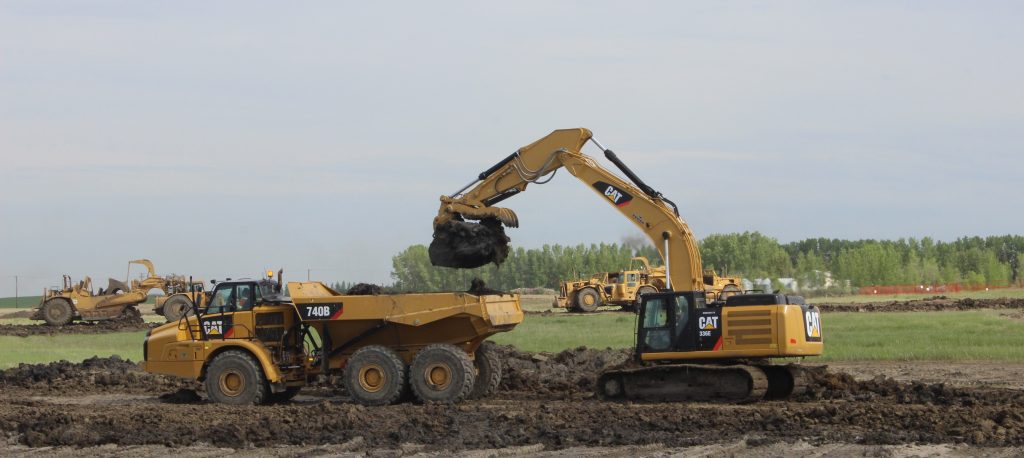
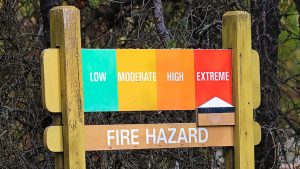
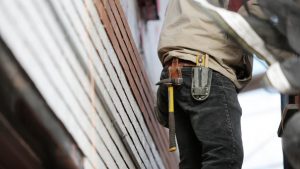



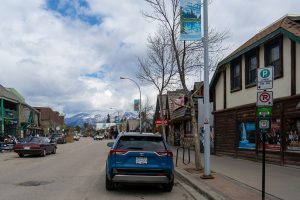

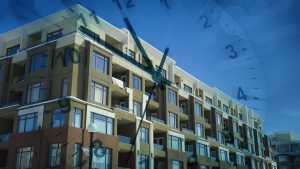
Recent Comments
comments for this post are closed